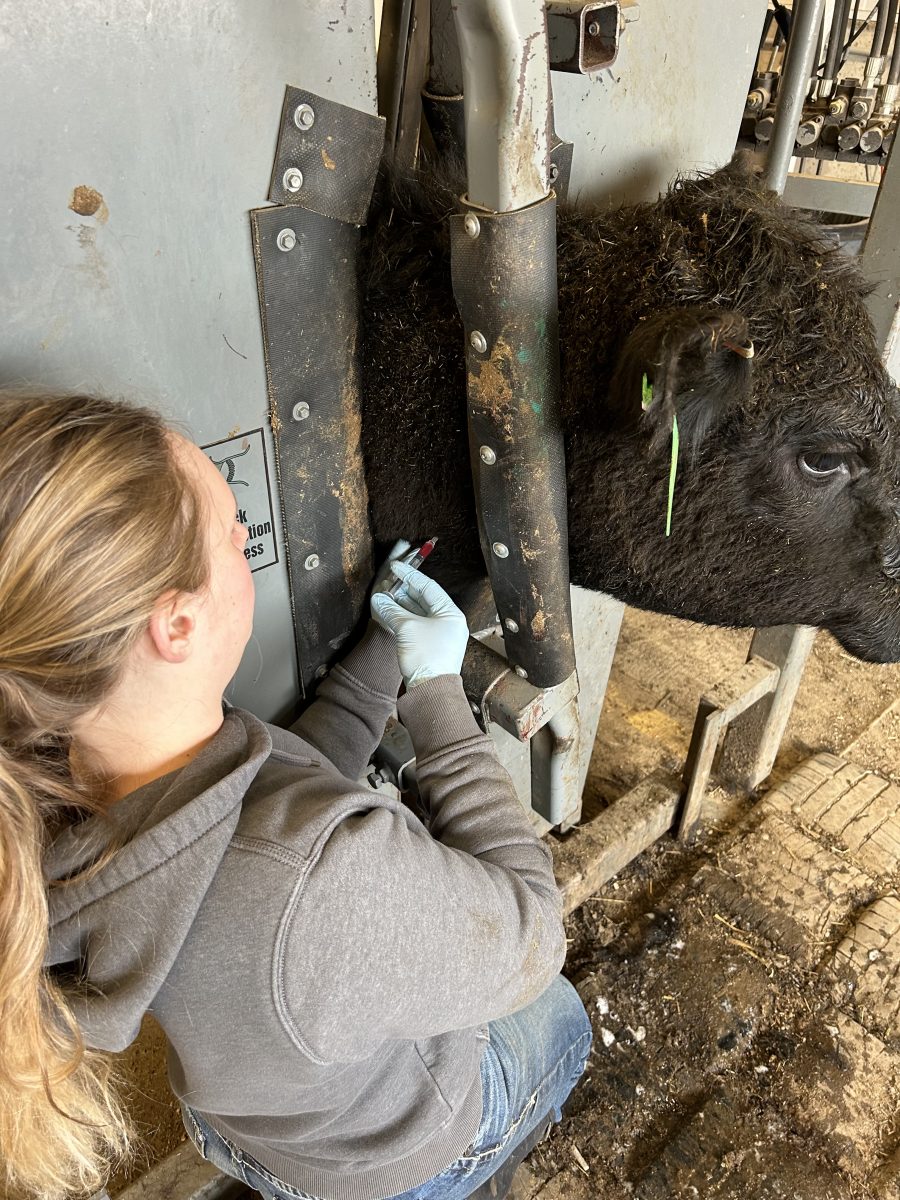Kwanzaa celebration becoming more known
December 10, 2001
Nicole Frutiger
Celebrations, especially during this time of the year, are generally religious and have been practiced for ages. Kwanzaa, a seven day celebration of African culture, is neither of the above. Kwanzaa runs Dec. 26 until Jan. 1 and its foundation is built upon principles of modern day living.
Seven aspects encompass the festivities, including unity, self-determination, collective responsibility and and work, cooperative economics, purpose, creativity and faith.
This new and unique cultural celebration was started by Dr. Maulana Karenga, an African scholar, activist, and chair of the Department of Black Studies at California State University in Long Beach.
Kwanzaa was inspired by the civil rights struggles of the past, such as the Watts riot. Today, Kwanzaa embraces African pride, community, family, education, business and leadership.
Each of the seven days dedicated to one of the principles. Gifts, educational toys and crafts are exchanged. Each day a candle of a different color is lighted symbolizing freedom and unity. Dancing, singing, drumming, toasting, praying, reading works and poems written by African American authors and feasts are also part of the increasingly popular non-religious holiday.
The word Kwanzaa is derived from the Swahili words meaning first fruits. Its ancient roots lie in the African First Fruit celebration.
In the past decade, Kwanzaa has become a major event for 20 million people in the United States, Canada, England, the Caribbean and Africa.
Karenga said, “The good life. The good of existence. The good of family, community and culture.The good of the awesome and the ordinary. The good of the divine, the natural and the social.”




















